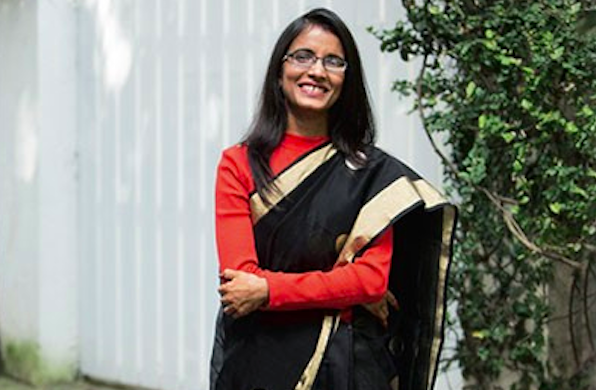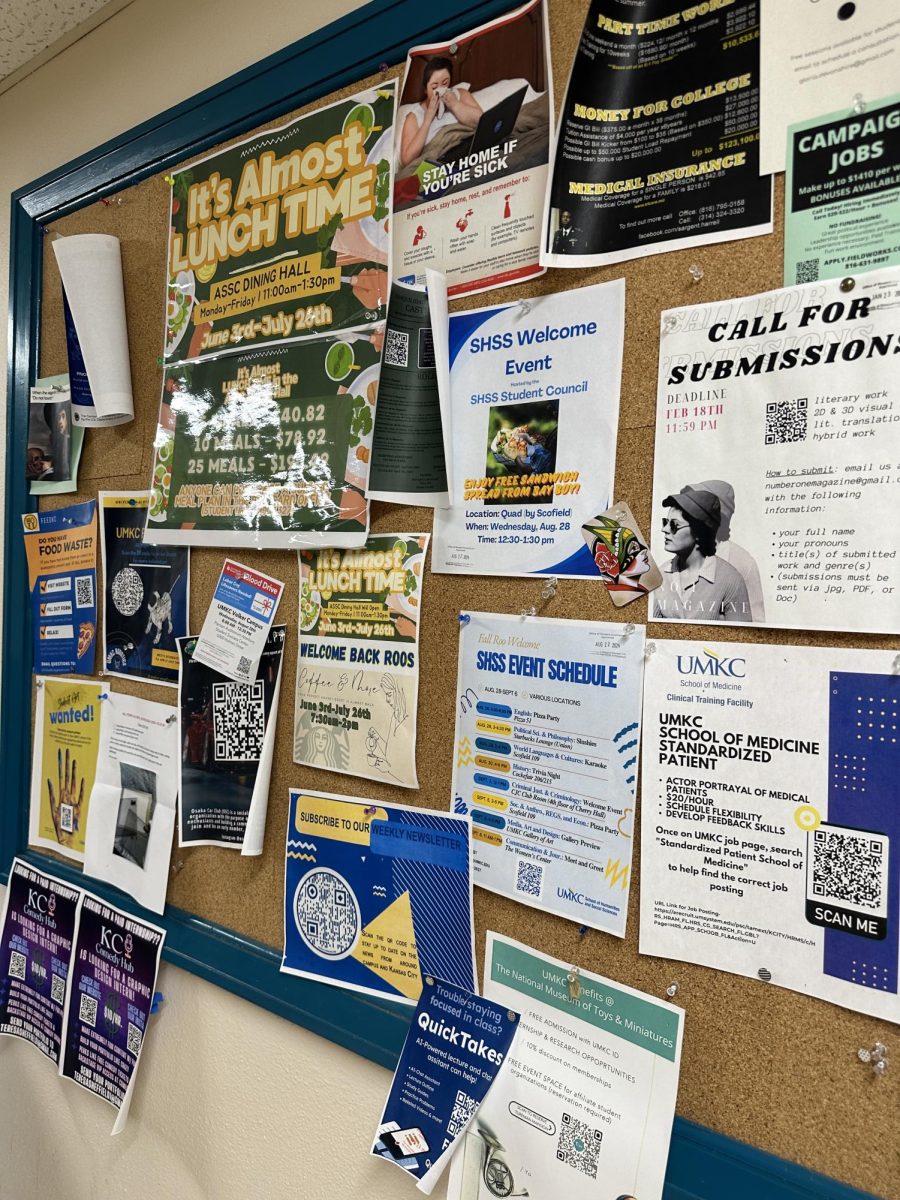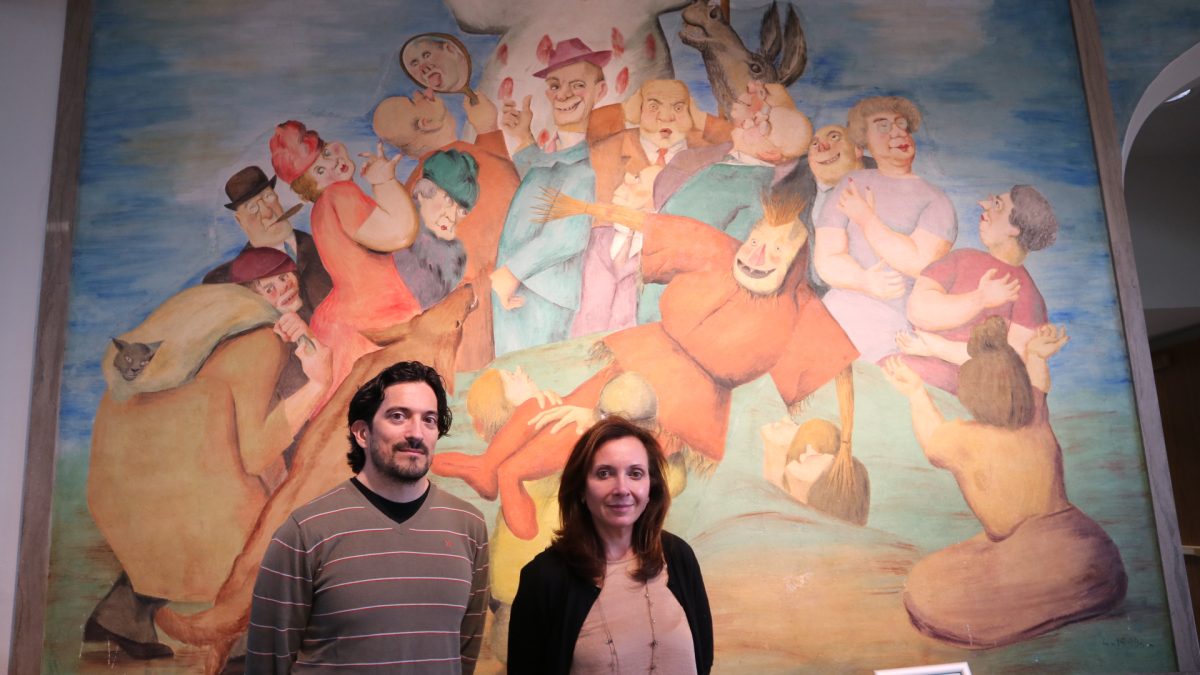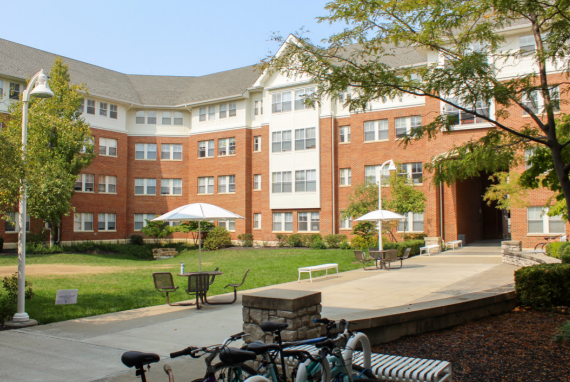Mathematics is an exciting and competitive field. Though it’s been around for centuries, the many unsolved problems continue to allow for creative and innovative techniques, as well as fame and fortune. For example, the seven Millennium Prize problems come with a million-dollar prize for the solution (only one has been solved so far). Last year, woman Mathematician Dr. Neena Gupta solved one of algebra’s great unsolved problems: the 70-year-old Zariski Cancellation Problem.
Gupta was born in 1984 in Kolkata (formerly Calcutta), India. Even from a young age, she loved math. She said, “I was not the kind who got full marks in maths but I just loved to solve problems and spend hours doing maths.” Her mother taught her until Grade X (the equivalent of high school in the U.S) and she completed her schooling at the Khalsa Model Senior Secondary School. She went on to graduate with honors in Mathematics from Bethune College, a women’s college in Kolkata. For graduate school, she attended the Indian Statistical Institute (ISI), completing a master’s in 2008 and a Ph.D. in algebraic geometry in 2011.
After graduation, Gupta became a visiting scientist at ISI Kolkata, followed by a fellowship at the Tata Institute of Fundamental Research in Mumbai. In 2012, she returned to ISI Kolkata after winning an “Innovation in Science Pursuit for Inspired Research” (INSPIRE) assistant professorship by the Indian Department of Science and Technology. In 2014, she reached associate professor status.
2014 was in important year for Gupta. Not only did she reach the next level of the tenure track, but she also solved one of the world’s greatest math problems: the Zariski Cancellation Problem. This problem was posed by Oscar Zariski in 1949. Gupta describes it like this: “The cancellation problem asks that if you have cylinders over two geometric structures, and that have similar forms, can one conclude that the original base structures have similar forms?” The Indian National Science Academy awarded Dr. Gupta the Young Scientists Award for her solution, describing it as “one of the best works in algebraic geometry in recent years done anywhere.”
Gupta won countless awards and honors for her innovative work in Algebraic Geometry. In 2013, she won the Saraswathi Cowsik Medal from the Tata Institute of Fundamental Research. In 2014, she was awarded the Swarnajayanti Fellowship by the Indian government, as well as the Ramanujan Prize from the University of Madras. In 2015, she won the A.K. Agarwal Award for the best publication by the Indian Mathematical Society. One of the most valuable awards she earned was the Shanti Swarup Bhatnagar (SSB) Prize in 2019. The SSB Prize—the most prestigious prize in India for science and technology— is awarded by the Prime Minister of India and includes a cash prize of Rs 5 lakh (over $6,500 U.S.) and an endowment of ₹15,000 (around $200 U.S.) per month until the age of 65. Gupta is the youngest person and third woman to win the prize for mathematical science.
Are you interested in empowering women in the STEM fields? The Women in Science (Wi-Sci) group wants you! Email President Emily Larner (emily.larner@mail.umkc.edu) for more information.








